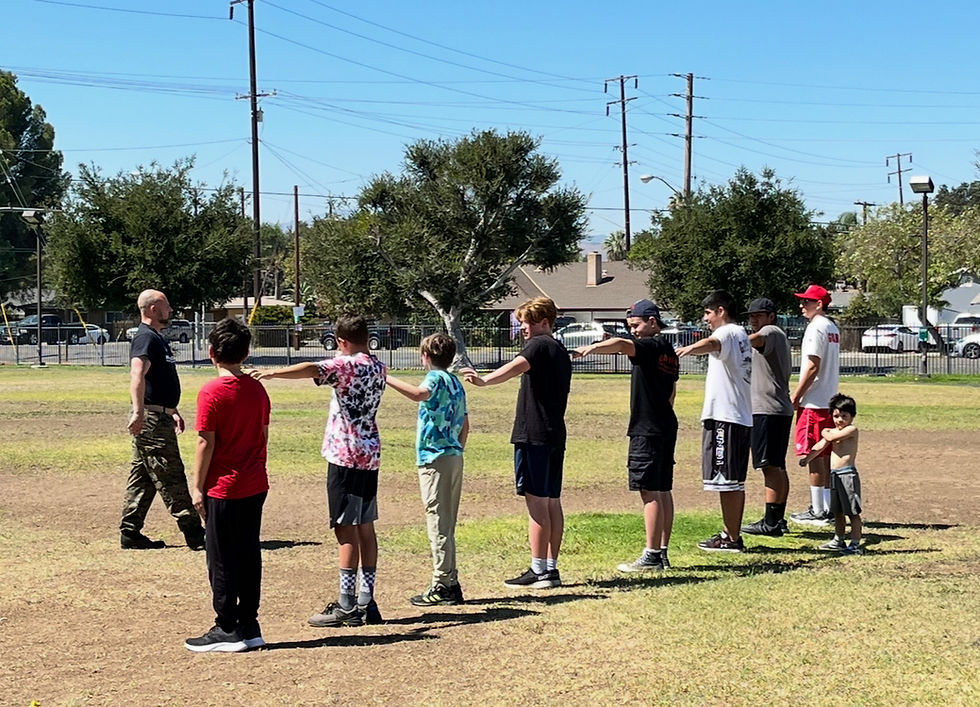
In a world full of noise, where everyone is quick to speak and even quicker to react, the most powerful and dangerous person is not the loudest in the room—but the quiet one. The one who listens, thinks, and observes.
Why Listening is Power
Most people listen to respond. The dangerous person listens to understand. They don’t just hear words—they pick up on tone, intent, and what’s left unsaid. Their silence is not weakness; it’s strategy. While others expose themselves by oversharing, the listener gathers information that becomes leverage later.
Why Thinking is Influence
The world moves fast, and many react impulsively. The thinker pauses, processes, and makes calculated decisions. They are not swayed by hype or distracted by chaos. Their ability to see beyond the surface gives them control in situations where others panic.
Why Observation is Mastery
Observation is a skill that separates the average from the exceptional. Observers see patterns, behaviors, and opportunities that others miss. They notice small details—body language, habits, inconsistencies—that reveal truths no words could ever cover.
The Dangerous Combination
Put these qualities together—listening, thinking, and observing—and you have someone who cannot be manipulated easily. They are unpredictable because they reveal little yet absorb everything. They are dangerous not because they seek destruction, but because they operate with clarity, awareness, and precision in a world clouded by distraction.
Final Thought
True strength isn’t in speaking the loudest, rushing into action, or demanding attention. It’s in the calm, collected power of a mind that listens more than it speaks, thinks deeper than it reacts, and observes further than others can see.
The most dangerous person is not the one who seeks control—it’s the one who already has it within themselves.



